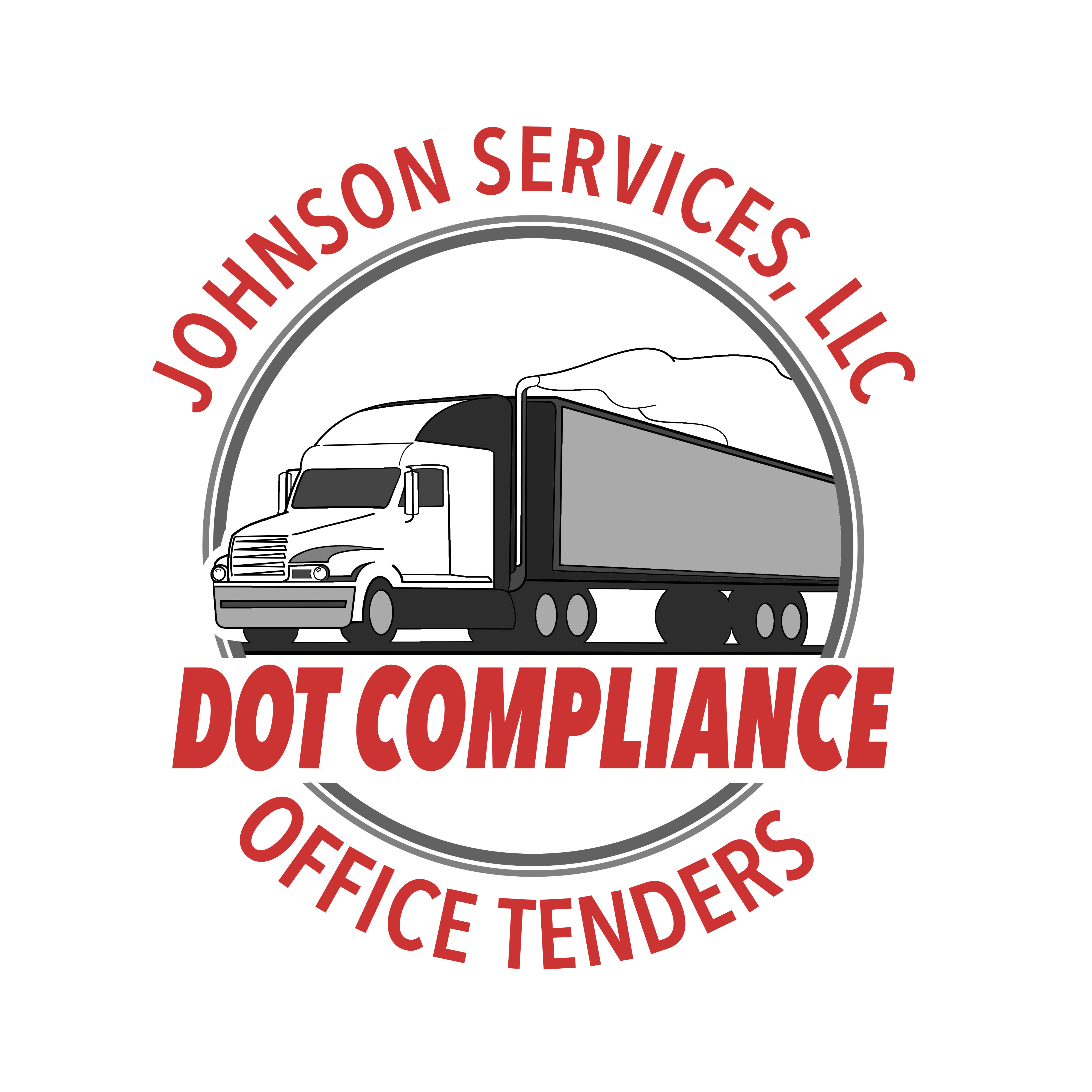Starting your own trucking company is fraught with difficult paperwork and hard-to-follow requirements. One of the biggest, and most costly, of these is commercial insurance policies. Understanding what kind and how much coverage you need can be confusing, but is necessary to obtain your operating authority. To make it even more puzzling, there are different requirements for owner-operators who lease for a motor carrier.
Primary Liability Required by FMCSA
Primary liability coverage is a requirement of the FMCSA (Federal Motor Carrier Safety Administration) for any trucking fleet or owner-operator. Without this coverage, you are not qualified to obtain operating authority through the FMCSA. But what is primary liability and what are the requirements?
This type of insurance covers injuries or damage caused to others while on the job. If you are leasing to a motor carrier, they are required to pay this premium, but you may still need other types of coverage. If you plan on operating under your own authority, this coverage is a must. The minimum amount of primary coverage required by the FMCSA is $750,000, with higher amounts for hazardous materials and car haulers ($1 million in coverage required to haul cars). Some shippers may require you to hold higher amounts.
$750,000 is the current minimum required, but this may soon change. This amount was set in 1985 and due to increased medical costs and other factors, it is currently under review. Even though you may only be required to carry the minimum insurance, it may be a good idea to hold a higher amount. To determine the right amount of primary liability insurance for you, make sure to talk to a few different insurance providers and possibly even your attorney.
The cost to each owner-operator can also vary, depending on the age and condition of your equipment, what you haul, where you drive, your credit score, and your SAFER scores. This is yet another reason that it is important to follow all trucking regulations and highway rules, because even log book violations can raise your premium considerably. Always compare premiums AND coverages when shopping for insurance, and make sure the particular policy makes sense for you.
Other Owner-Operator Insurances
General Liability:
General liability coverage can often be bundled with your primary liability insurance. This covers you and your business beyond when driving your truck. Breach of contract, office accidents, and out-of-truck driver incidents are a few examples of protection.
Commercial Cargo:
Cargo insurance is the second most important type of insurance that you will need as a new owner-operator. Before you begin seeking estimates, spend some time considering exactly how much coverage you will need. This insurance covers damage to the load you are hauling, providing financial security for the cargo owner. If you don’t purchase enough commercial cargo insurance, you may not be able to carry certain loads, unless your insurance provider offers increased coverage on demand. Know what your limits are and what your policy covers.
Commercial cargo insurance can cover things like theft, water leaks, loading or unloading damages, refrigeration problems, and even debris removal in the case of an accident. If you are operating under your own authority, this expense is your responsibility but if you are leased on to a motor carrier, they will supply this coverage. And if you are leasing, make sure the terms of all insurance responsibilities are laid out in the contract, and any of your own expenses clear.
Physical Damage/Collision Insurance:
Lenders often require collision insurance, as this type of insurance is what covers your truck. Collision and comprehensive damage insurance covers the cost of replacing or fixing the rig after an accident. Beware, though, that the cash value of the truck may not equal the cost of replacing it. It’s best to be aware of the actual cash value and choose a policy that will suit your truck.
BobTail Liability:
Bobtail insurance is often confused with non-trucking liability but the two are not the same. Bobtail coverage is meant for property damage or injuries sustained when the trailer (and cargo) are not connected to the truck. This is effective whether you are on the job or not, and can be a valuable insurance for owner-operators hauling under their own authority.
Non-Trucking Liability:
On the other hand, when you are leased under a motor carrier, you may want non-trucking liability coverage. This applies to damages occurring when you aren’t on the job. Every driver uses the truck for personal reasons at some point, such as driving home from the office. Non-trucking liability insurance is what protects you in those off-times.
Workman’s Compensation Insurance:
Workman’s Comp is only required if you have employees. This covers truck drivers if they are injured on the job. The best way to keep workman’s comp expenses down is to create and implement a safety plan for all employees. Requiring drivers to follow safety protocols can prevent many injuries and related claims.
Owner-Operator Trucking Paperwork Needs
Your commercial insurance requirements and needs are only one part of the equation of becoming an owner-operator. As you navigate through these, let Office Tenders help you tackle the rest of the paperwork needs for starting your new trucking company. We can assist in obtaining your DOT and Motor Carrier numbers, UCR filing, IFTA services, and more. With Office Tenders on your side, the process of starting your own trucking company is simplified, with less hassle and headaches for you. Give us a call today at 1-800-954-3414 with any questions about taking the next step!

